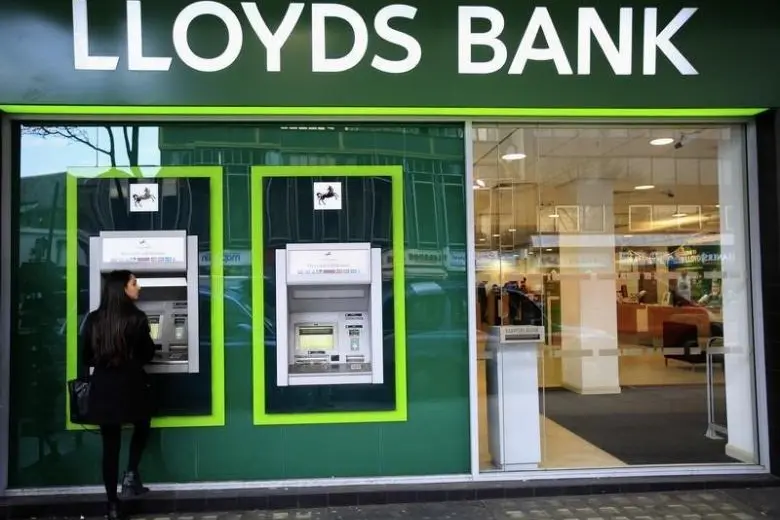PHOTO
LONDON (Reuters Breakingviews) - In the words of its supporters, Brexit was supposed to allow Britain to “take back control” from the European Union. The country’s banks, however, are looking more like hostages to fortune.
Shares in UK lenders Lloyds Banking Group, Royal Bank of Scotland (RBS) and Barclays declined by between 5 percent and 10 percent on Thursday after a spate of government resignations increased the chances of a failed deal to leave the EU. In addition to increased political uncertainty, lenders now face lower lending margins for longer.
UK banks have suffered from the same ultra-thin margins that have plagued European lenders since the financial crisis. In its latest results, RBS disclosed its net interest margin fell to 1.99 percent, down 17 basis point from a year earlier. Lloyds’ margin was 2.93 percent – but that reflects its higher share of riskier unsecured lending and is still low by historical standards.
Lenders were hoping for relief from the Bank of England, but that looks optimistic. The day before the resignation of UK Prime Minister Theresa May’s chief Brexit negotiator Dominic Raab, money market traders were pricing in a 25 basis point rate hike by November next year. That has been pushed back until May 2020, according to futures prices cited by Deutsche Bank.
The dismal outlook has been compounded by the lack of clarity over how financial services will fare after Brexit. In the text of the UK-EU agreement, the sector was accorded roughly the same number of paragraphs as the fishing industry, despite the latter accounting for less than 1.5 percent of the former’s 119 billion pounds of economic activity in 2017.
The bare-bones deal implies that UK-based lenders can look forward only to basic EU market access, under “equivalence” rules, after Britain’s transition period ends in 2020. But that doesn’t cover areas such as bank capital or commercial lending – meaning banks will continue relocating business to the continent.
Lloyds shares are now trading just above its tangible book value, while RBS shares are valued at a 22 percent discount. That looks cheap: Lloyds is expected to make a return on equity of 13 percent next year, according to Refinitiv data, comfortably more than its 10 percent cost of capital. A cocktail of lower-for-longer margins and political chaos means investors will have to revise such heady expectations downwards.
© Reuters News 2018





















